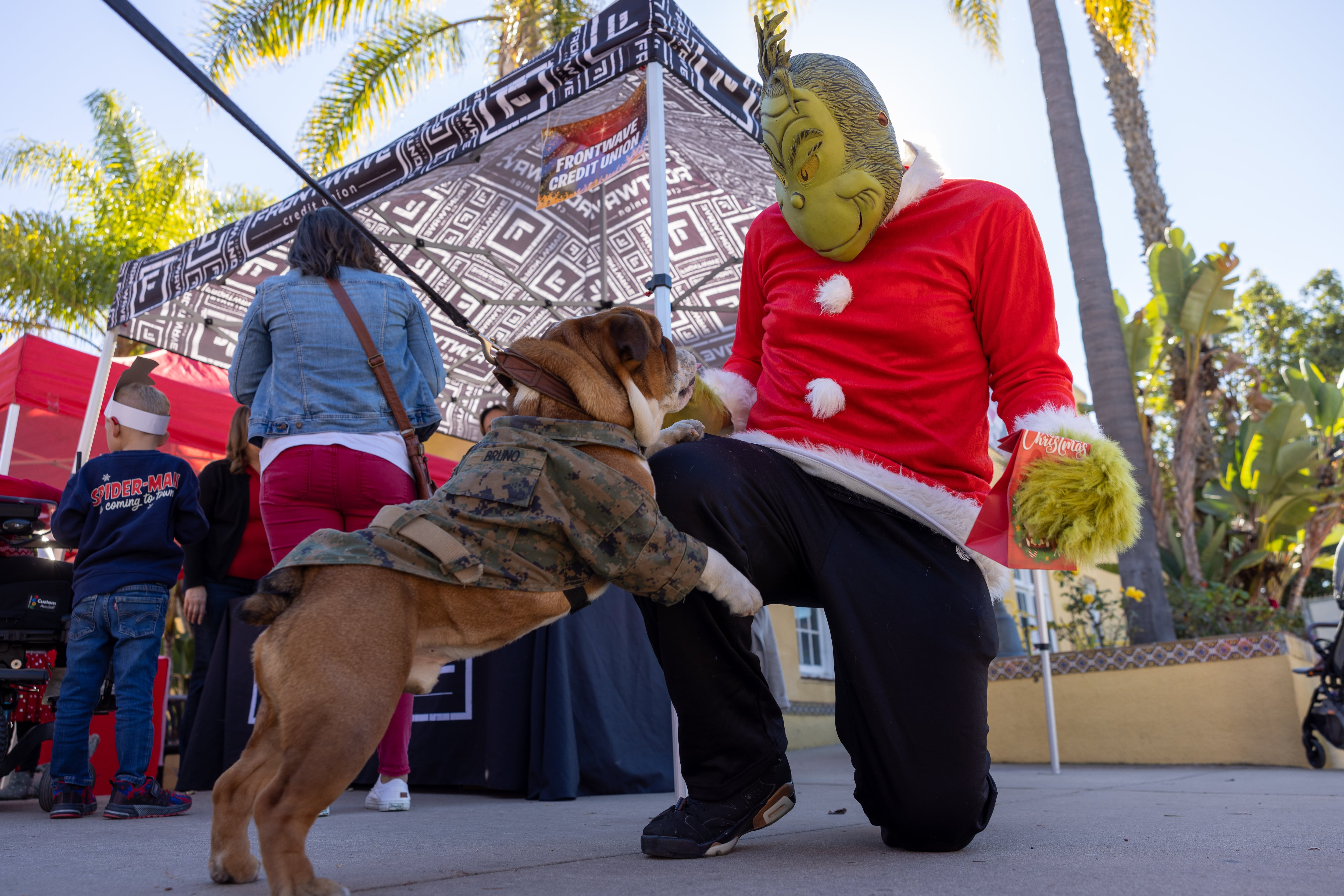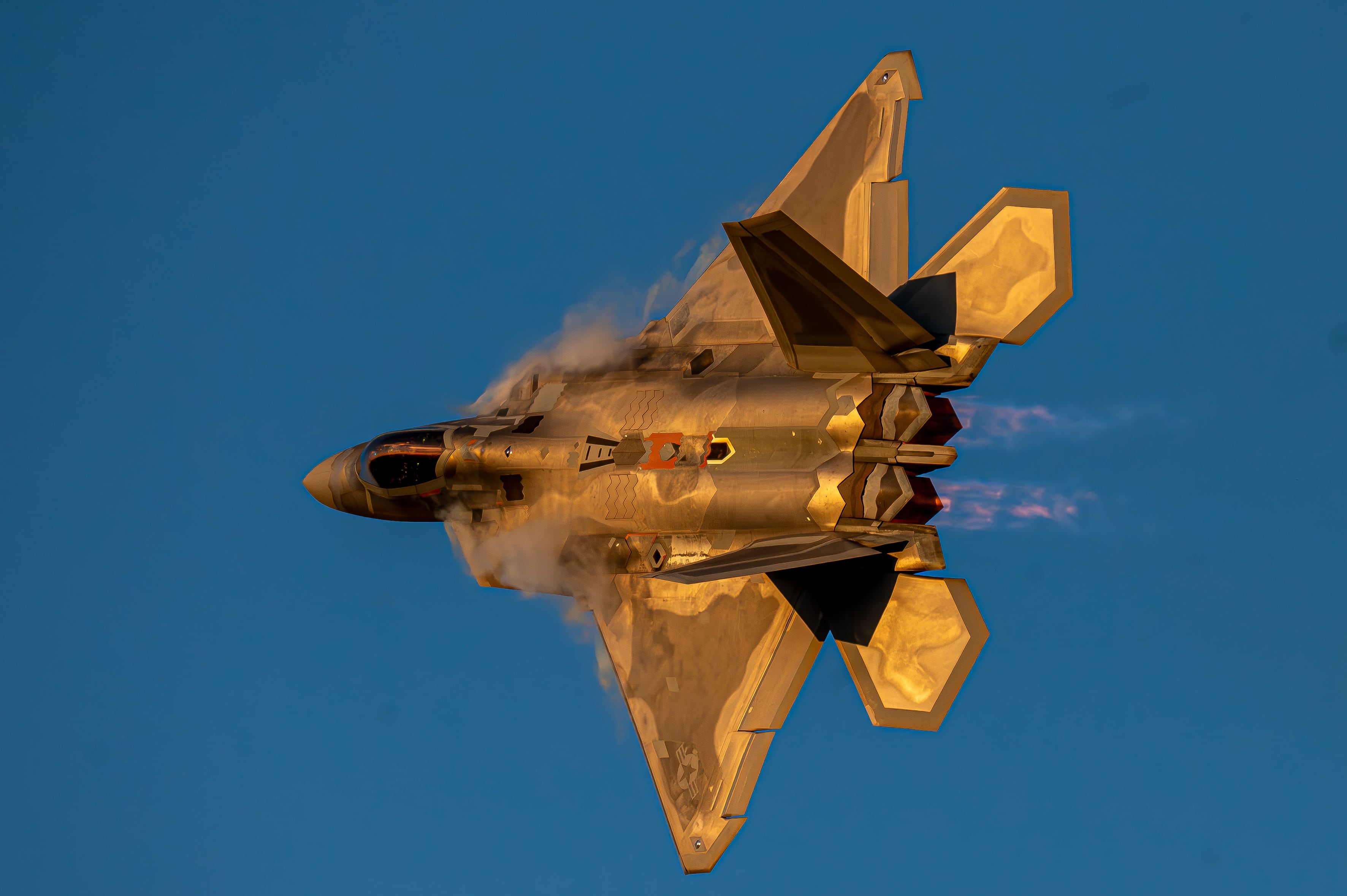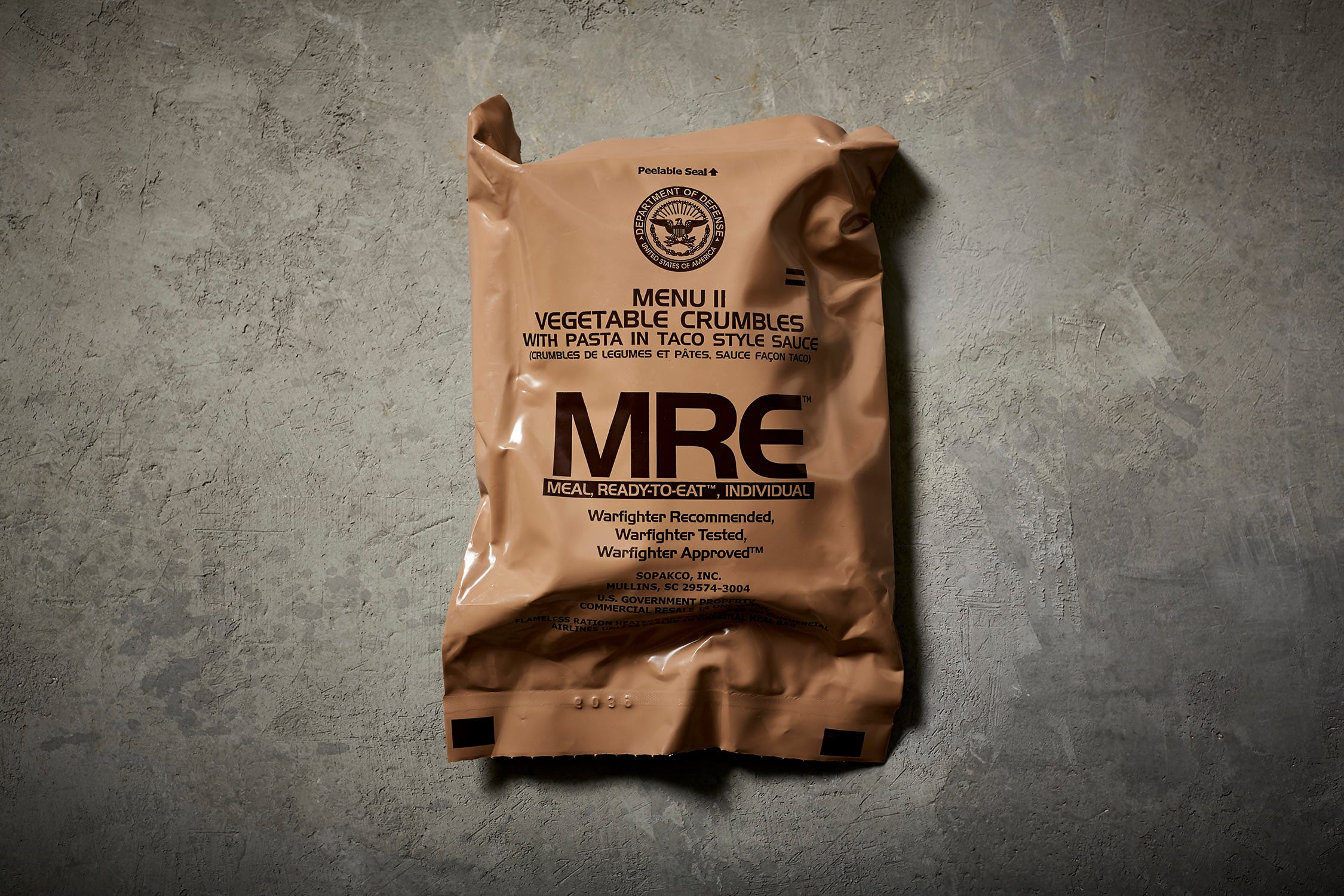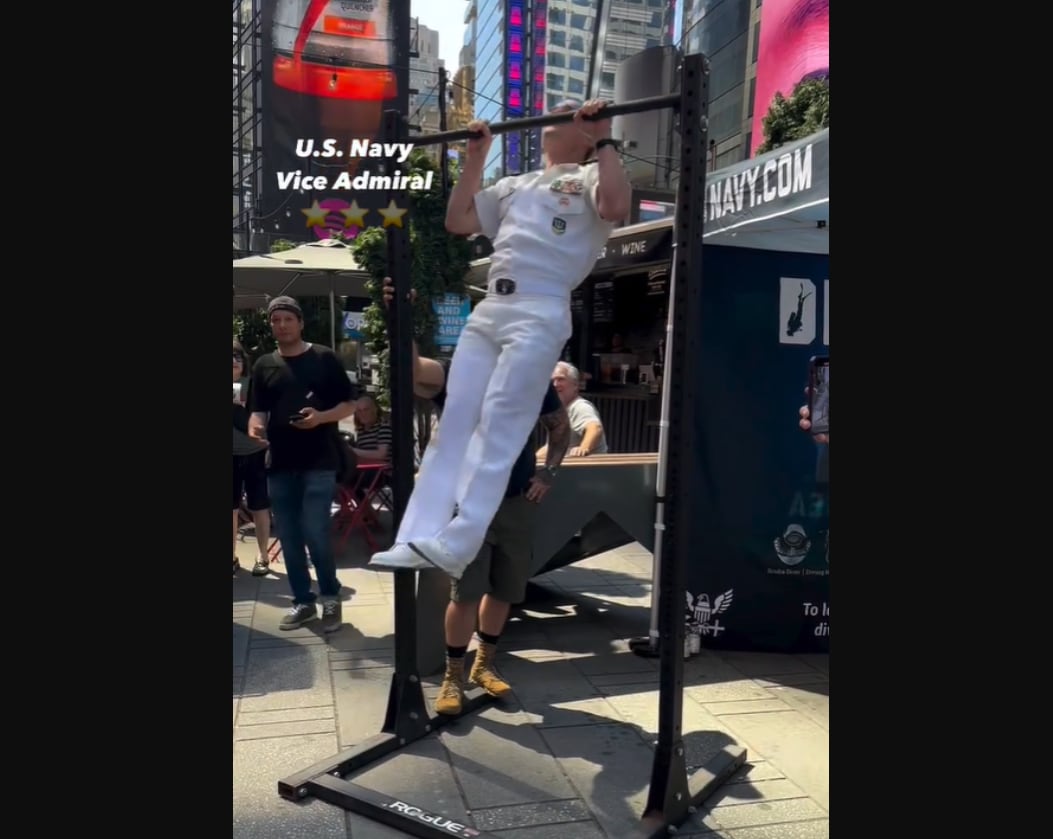“Oh, my kids love these,” a man in a suit said, barely breaking stride as he grabbed a sample before continuing on his way.
But these were not cheese cubes or organic orange juice samples at Costco. No, these prized possessions were military grade glow sticks — or, chemlights for the tactical vernacular enthusiasts out there.
So it goes for glow stick-maker Cyalume Technologies, a company that recently set up at the Association of the U.S. Army’s annual meeting in Washington, one of the largest showcases for military weapons and technology in the country.
In a convention hall lined with missile launchers, tanks and all manner of weaponry and munitions designed to eliminate threats, a company selling a product many kids wear door-to-door for Halloween presented quite the juxtaposition.
One thing became clear at the AUSA convention, however — these were not your children’s Halloween glow sticks.
Cyalume, which bases its manufacturing in West Springfield, Mass., began producing glow sticks in 1965. The original products, which consisted of six-inch variants, were used only by the Navy at the time to signal a man over board.
Now, the company offers an expansive selection of chemlights — and brings in much more business — that boast various capabilities.
Donald Schmidt, vice president of sales and product management at Cyalume, said the company’s products first expanded to the U.S. Army and Air Force before becoming the sole chemlight provider for the U.S. and NATO armed forces. Cyalume is also the glow stick provider for Australia, Singapore and numerous countries in South America.
“It evolved from the six-inch light stick to the smallest, one-and-a-half inches, to as big as 15-inch light sticks,” Schmidt said.
And these glimmering products aren’t for child’s play. A Cyalume glow stick won’t break open and spill luminescent goo like other superstore brands. They also come with National Stock Numbers, meaning they’ve met specific qualifications for light duration and shelf life. In other words, they serve more of a useful purpose on the battlefield than they would attached to duds resembling Elsa and Anna from “Frozen.”
“It’s not just like a novelty toy that you buy off of the counter,” Schmidt said. “This is measured, has standards and those standards are shared with the European community and other countries as well.”
In fact, Cyalume provides numerous variations of its products for different uses in the military. Its aptly-named S.O.S. product, for example — essentially a holstered glow stick tied to a rope — is used for various rescue and medical evacuation missions.
If a soldier pushes the glow stick out of the holster, the product can be swung by the rope in a five-foot circle that can be seen from helicopters miles away. Just remember to re-holster the stick.
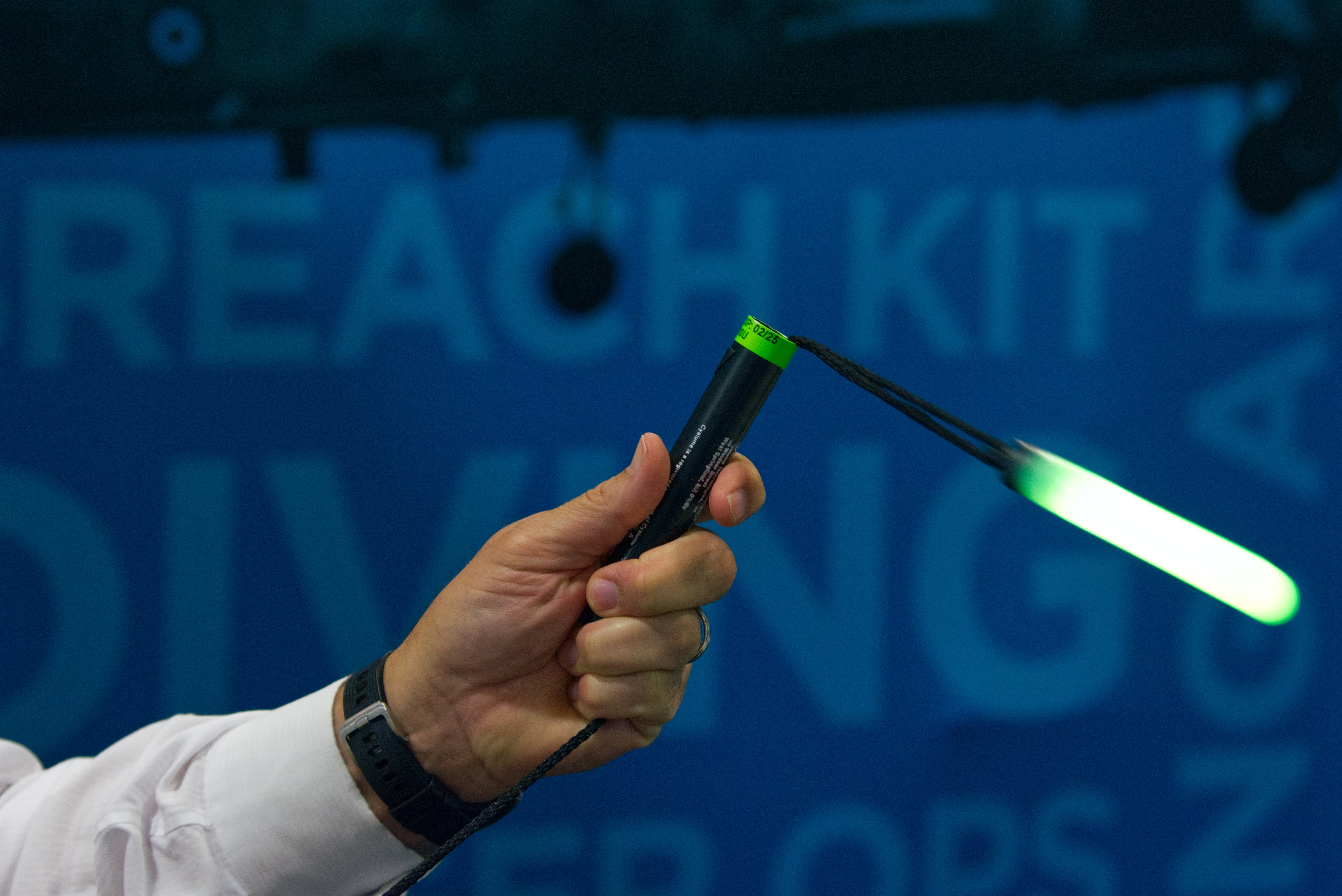
“You don’t want to be noticed for too long,” said Joe Gelo, the general manager of Cyalume. “So you can shove it back in.”
Gelo and Schmidt walked through a number of other scenarios in which such products would be useful. The 15-inch glow stick, for instance, can be attached to crates being dropped from airplanes. Upon impact, the sticks activate and help personnel on the ground locate the resupply.
And when sleeping, troops will often use glow sticks to mark their location to avoid being run over by a vehicle — all good things.
The use of Cyalume products by the U.S. military — the company sold more than 10 million six-inch glow sticks last year to militaries around the world — has made the organization a known commodity at service conferences like AUSA.
“To me, it has always been amazing,” Gelo said. “The first year I was [at AUSA], I was amazed at how many soldiers — and still today — come up and say, ‘Oh, I use Cyalume all the time.’ They know the product, they use it in multiple applications. They really consider it to be important for what they’ve done.”
Zamone “Z” Perez is a reporter at Military Times. He previously worked at Foreign Policy and Ufahamu Africa. He is a graduate of Northwestern University, where he researched international ethics and atrocity prevention in his thesis. He can be found on Twitter @zamoneperez.
In Other News




